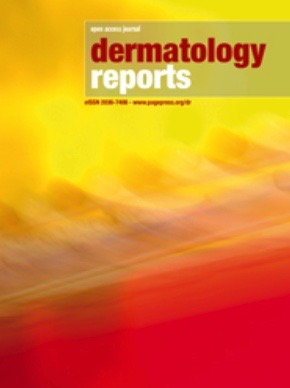The humanistic burden of atopic dermatitis in Greece: a cross-sectional study
All claims expressed in this article are solely those of the authors and do not necessarily represent those of their affiliated organizations, or those of the publisher, the editors and the reviewers. Any product that may be evaluated in this article or claim that may be made by its manufacturer is not guaranteed or endorsed by the publisher.
Authors
The purpose of this study was to evaluate the quality of life (QoL) and psychosocial burden in adult Greek patients with atopic dermatitis (AD) using validated tools and to investigate factors that influence AD’s humanistic burden. This observational, cross-sectional study was conducted in Greece (January-September 2023) with 150 adult members of the patient association “EPIDERMIA”, all diagnosed with AD. Data was collected via a structured questionnaire, including socio-demographic details, clinical history, AD severity (using the Patient-Oriented Eczema Measure [POEM]), QoL, sleep disorders, and psychological health. Based on POEM scores, 11% of participants had clear/almost clear skin, 27% had mild eczema, 51% had moderate eczema, and 12% had severe/very severe eczema. AD had a moderate or very/extremely large impact on QoL for 29% and 42% of participants, respectively. Insomnia affected 55%, while 31% had mild anxiety, 23% had moderate/severe anxiety, 10% had moderate depression, and 8% had moderately severe/severe depression. AD severity was associated with reduced QoL and higher rates of insomnia, anxiety, and depression. Our study highlights significant associations between AD severity, QoL, and psychosocial factors, emphasizing the need for comprehensive management strategies.
Supporting Agencies
The project described in this article was supported by a grant from Pfizer Global Medical Grants.How to Cite

This work is licensed under a Creative Commons Attribution-NonCommercial 4.0 International License.








